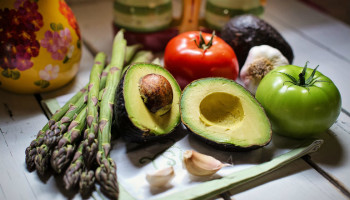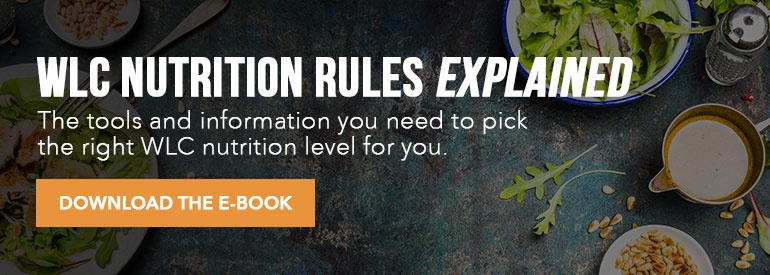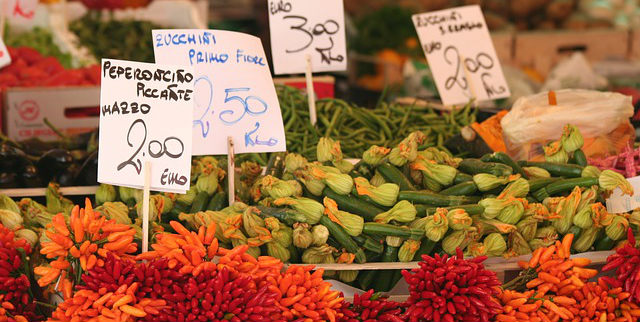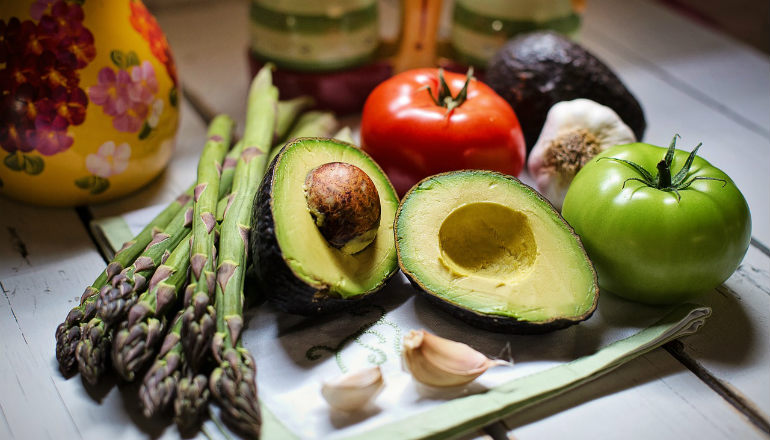 Reading Time: 6 minutes
Reading Time: 6 minutesPhysics states that if you move more, you burn more calories, and if you burn more calories, you lose unwanted pounds. This seems logical enough, and most of us have heard this so many times through the mainstream media that it almost seems like gospel. Based on such logic, and to reverse the trends of inactivity and expanding waistlines, people have been joining fitness facilities in droves for the better part of twenty years.
At face value, this is a good thing. People seem to be less active these days, unless you count posting on social media and texting. In fact, only 20.9% of American adults get the recommended amount of daily exercise. More people joining gyms means an increased possibility for the masses in learning how to guide their bodies toward improved health and wellness.
But despite robust growth and the noble efforts and intentions of many, the fitness movement isn’t making a dent in the epidemic of weight gain and obesity (or the correlating health issues of diabetes and metabolic syndrome). As people are collectively attempting to get more fit, they also are collectively getting heavier.
The two parallel trends of more overweight Americans and more gym memberships sold seems counterintuitive. If people are burning more calories at the gym, why aren’t we seeing a reversal of negative trends related to weight management?
It’s the Food: Why We Gain Weight
The reasons people are overweight, obese, and in poor health have more to do with our food supply and less to do with exercise. Sub-optimal diet is the leading cause of death and disability in the U.S. and worldwide. While lack of exercise is perhaps correlated to obesity, it isn’t the cause and exercise simply isn’t an effective weight loss strategy.
Thirty minutes on the treadmill three days a week isn’t going to counteract the ills of the failing American nutritional construct. Succinctly put, the “Western diet” (sugar laden, hyper-processed food in a box) makes you fat and sick, and addressing that diet is where we need to put our collective efforts.
Michael Pollan, the best-selling author of In Defense of Food and The Omnivore’s Dilemma, said, “The Masai subsist on cattle blood, meat, milk and little else. Native Americans subsist on beans and maize. And the Inuit in Greenland subsist on whale blubber and a little bit of lichen…The irony is, the one diet we have invented for ourselves — the Western diet — is the one that makes us sick.”
But in the United States, instead of looking at what our food consists of, we frequently focus on calories, in both how many to eat and how to most efficiently burn them. HIIT training and indoor cycling classes are touted for their calorie-burning effects while many popular diet programs are steeped in the notion of counting calories through controlled meals of “healthy” packaged and processed “foods” or bars, shakes, and supplements.
The problem is, this simple formula doesn’t factor in the types of foods we consume, which increasing evidence suggests has a direct impact on chronic disease and weight control.
The adage states you can’t out-exercise a bad diet, but as we Americans know, this isn’t necessarily the case when you vehemently control calorie intake and/or burn. If you exercise fifteen hours a week, you can likely eat whatever your heart desires. But such a tactic is a short-sighted approach to weight management, just like eating 1200 calories a day would be. With excessive exercise and/or highly restricted calorie consumption, you may control your weight in the short-term — but you aren’t addressing the underlying cause of weight gain, nor are you promoting long-term health.
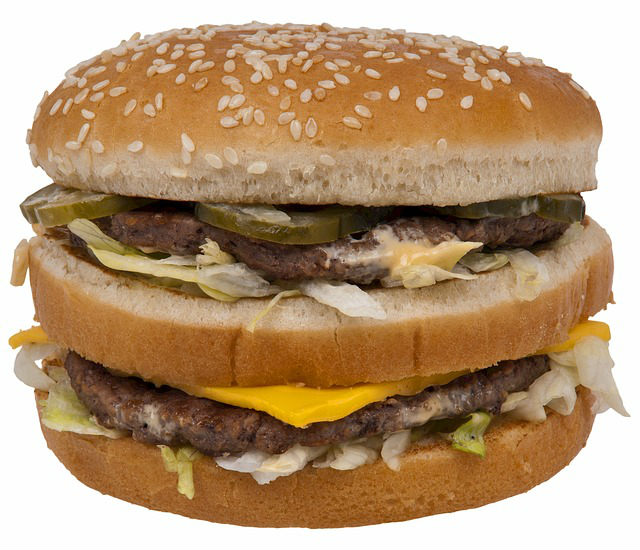
The fact of the matter is it’s profitable to tell people convenient truths like “exercising is the best way to lose weight” or “sedentary lifestyle is the primary cause of weight gain.”
But those aren’t truths — because it’s the food.
Americans are addicted to a toxic food supply and have been attempting to combat the problem with even more excess and fad-based quick fixes. In doing so, we’ve been missing the mark. There is a better model for finding the sweet spot in the balance between food and exercise — Europe.
What It Means to Eat Like a European
I’ve been fortunate enough to visit Europe several times in recent years. Two things I didn’t see much of on my travels throughout the continent:
- Heavy people
- Gyms
While Europe is far from immune to the problems associated with obesity, anyone who has ever spent time traveling there can corroborate two basic notions: generally speaking, Europeans tend to eat “real” food and move more (but exercise less).
When you travel through Spain and eat tapas, you aren’t eating food out of a box, but locally raised meat, freshly baked bread, and hand-picked vegetables. When you travel through France, you likely aren’t eating fast food, but freshly baked pastries, fine cheeses, and veggie ratatouille. When you travel through the Mediterranean, you’re probably eating freshly caught fish, olive oil, and homemade pasta.
Pasta, cheese, veggies, and pastries? Surely this is not the way to get healthier and leaner?
As much as we conceive of proper nutrition as being super complicated, eating “like a European” simply means following a whole-food diet like one based on Pollan’s seven rules for eating. When you eat mostly or only real food, a funny thing happens — you eat less of it.
When you put healthy, whole, and natural ingredients into your body, you find yourself satiated instead of craving low-quality sugary processed foods. A European-style approach to nutrition shows a significantly lower occurrence of high cholesterol, diabetes, and obesity. Such a diet is also a better strategy for weight management than simply reducing calories and is likely to have a positive impact on your hormones and metabolism, versus a negative one.
Just think if we spent even a fraction of the time we devote to exercise and fad diets to scrutinizing the origins and nutritional makeup of our food. If we hope to win the battle of the bulge, we must be voracious consumers of information related to our food and where it comes from. Says Pollan, “At home I serve the kind of food I know the story behind.”
The Formula for Healthier Living
Our neighbors across the pond have perfected the simple formula. They eat smaller meals comprised of whole foods and maintain a daily practice of healthy movement. It’s not that Europeans don’t exercise, they just don’t tend to do it like they’re on a twenty-minute fitness binge. Rather, many Europeans move or exercise functionally — commuting to work, walking around town, and hiking on the weekends.
The formula works. Despite a much higher prevalence of smoking, Europeans have a significantly longer average life expectancy (2.2 years) than Americans.
That said, there are reasons for hope here in the States. The farm-to-table movement has gained traction as a trend in wellness and sustainability. There is likely a natural foods store or regular farmer’s market near you. But far too much emphasis is still placed on fad diets, exercise gimmicks, and the latest packaged “healthy” food.
As someone who has dedicated a large portion of my life to fitness, I’m a huge proponent of the many reasons you should exercise, chief among them better health. But it’s up to the American consumer to take the next step, to focus on the primary issue behind weight gain, diabetes, obesity, and metabolic syndrome.
It’s time for us to dedicate our focus, individually and as a whole, to the foundation of our weight and health problem — it’s the food.
